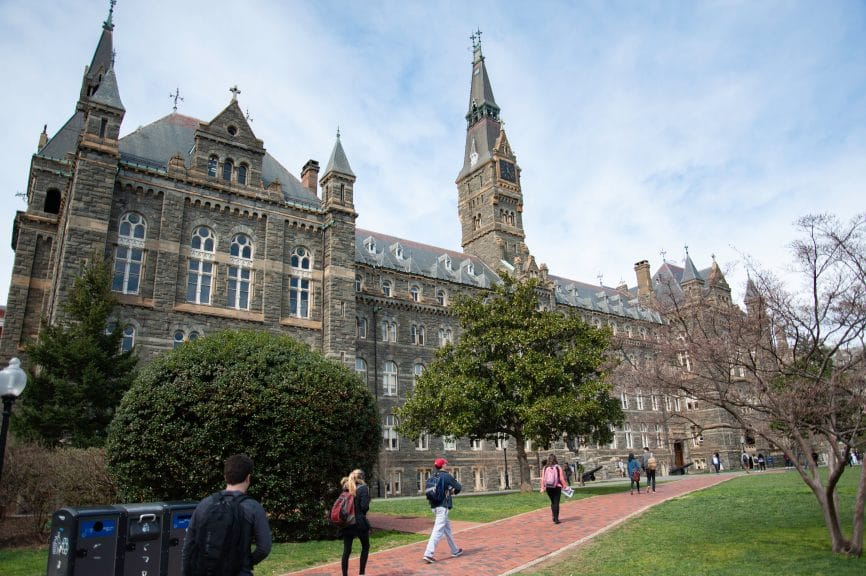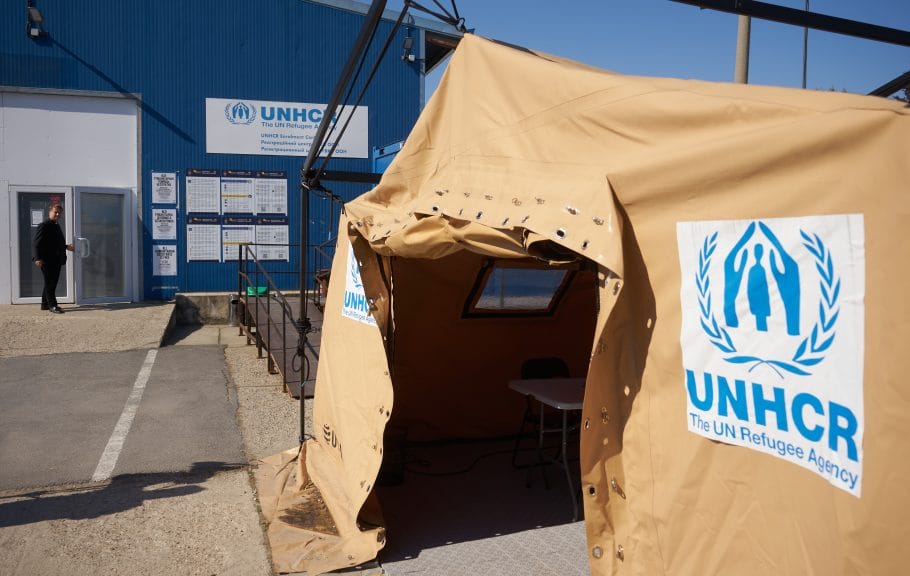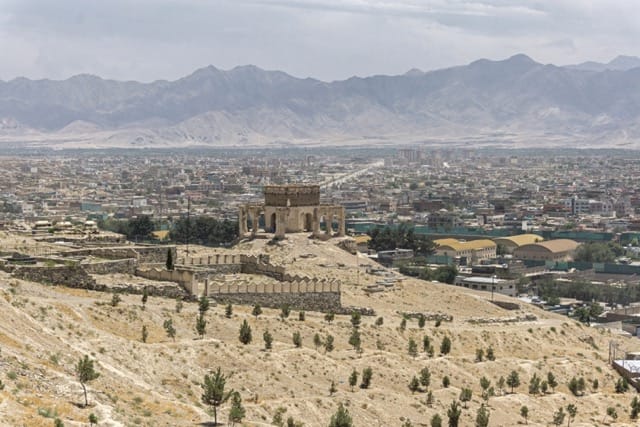Asadullah Azimi knew that to achieve his goal of attending university and pursuing a career in computer science, he had to leave Afghanistan. By 2015, Azimi’s father had already left the country to live in Finland. There were increasing fears surrounding the Taliban repeatedly asking Azimi’s family for money and to hide weapons from the government.
This ultimately led Azimi and his mother to realize staying in Afghanistan was no longer an option. However, he couldn’t have known at this point that four years after leaving Afghanistan, he would still be facing displacement.
Leaving Afghanistan
In mid-2019, when Azimi was 17, he left Afghanistan with his mother. They chose to go to India, hoping to use the country as a midpoint and apply to resettle in Europe. Azimi could then safely pursue his computer science degree. Doing so meant leaving behind Azimi’s married sister, who was living in a different town, as well as his aunts and uncles, who stayed to continue working on their family-owned farm.
Azimi explained that, besides safety, his desire to be the first in his family to go to college pushed him to accept a life in a new country away from any familiar faces and family members.
“My parents, unfortunately, did not go to even elementary school, like my entire family,” Azimi said. “So, it was a really ultimate goal of mine to go to college and become someone educated.”
Growing up in a small town in the Helmand province, located in southern Afghanistan, Azimi was a pioneer in his family from a young age. He was the first in his family to attend elementary school.
The prospect of attending university came with risks. He explained that going to university in Afghanistan would have meant fearing for his life daily. “It was really not safe to go to college because every day there were bomb explosions in educational centers and hallways,” Azimi said, referring to the Taliban attacking universities in Kabul. “My parents also really didn’t want me to go to college. I’m the only son. They really didn’t want me to die.”
Life as a University Student
Nearly five years after his departure from Afghanistan, Azimi leans back in a rocking chair on the front lawn of his university’s campus. Wearing a blue and grey Georgetown University hoodie, he is indistinguishable from the typical American college student. No one could guess how rare his journey to college in the U.S. was or the struggles he continues to face, navigating an environment completely unknown to him.

“They didn’t let me move in early. I arrived here just in the morning of orientation,” Azimi said, explaining that he was abruptly thrown into college life. Two months into the school year, the U.S. is still very new to him. “I had 16 hours of direct flight from India to D.C. I didn’t get even five minutes time to rest. I just put my luggage in my dorm and went right back to student orientation.”
Georgetown was neither the first stop after leaving Afghanistan nor will it be the last for Azimi, who no longer envisions himself permanently rooted in one place. “Every refugee, every Afghan who is coming to the U.S. is coming for a reason, like to learn or for safety, not because they want to stay here,” Azimi said. “I do not want to live in one place my entire life. I am thinking about getting a good education, and then I would like to travel.”
From India to the U.S.
More than the act of leaving Afghanistan, displacement characterizes Azimi’s story. For years, he waited in India, hoping for resettlement in a Western country. Alone because his mom moved to Finland through a reunification program to be with Azimi’s father, he worked selling dry foods from India to Afghanistan to pay for rent.
Caught between migrant and resident, he could not leave the country or pursue educational opportunities because of his refugee status. “It was really disappointing to me that I couldn’t go to college because I didn’t have an educational visa,” Azimi said. “I was almost about to get into college in India through a scholarship for Afghan refugees, but they canceled it because I didn’t have a student visa.”
After four years, Azimi was able to leave India and attend university through a Duolingo and UNHCR-sponsored scholarship. He was one of eight students from various refugee backgrounds selected. Once accepted into this program, an advisor covered his university application fees and helped him research various universities.

While Azimi found resettlement in the U.S. through the scholarship, for most, the wait continues. The European Union only resettled 271 Afghan refugees in 2022. This makes up 0.1% of the 270,000 refugees currently waiting for resettlement. Compared with the 1.6 million Afghans who have left their country since 2021, this number is even less.
The popular destinations of choice are European or North American countries. But the reality for most is spending years in Pakistan, India, or Iran, waiting for resettlement. These countries currently host more than 85% of all Afghan refugees.
Continued Struggles
And for those like Azimi who resettled in a second country, many are on their own. Azimi is part of the tens of thousands of Afghan refugees in the U.S. separated from their immediate families.
“It’s hard. I can’t talk to my family frequently,” Azimi said, referring to his sister and cousins in Afghanistan. “Wifi is very, very expensive in Afghanistan, and it’s not working all the time. So, it is hard to stay in contact.”
Azimi explained how being away from his family and on his own is particularly alienating.
“Whenever I tell someone here that I am from Afghanistan, the first thing that comes into their mind is Taliban and terrorism,” Azimi said. “I would love someone to ask me about food or culture. Or just behaving normally. When they hear I am international, they act so so nice, but even that reminds me that I don’t belong here.”
Azimi’s story is largely presented as one of refugee success. Featured on his university’s website, he is quoted saying that coming to study in the U.S. made all his dreams come true. While his story is one of hard work and triumph, it cannot be understood without his sacrifices. He and refugees like him continue to make sacrifices to access education and housing. Azimi navigates university life, disconnected from his home in a way very few students can relate to.
Two years after the Taliban takeover of Afghanistan, some people wonder why we continue to talk about Afghan refugees. It is because Azimi’s story didn’t begin when he left Afghanistan, nor did it end when he got to the U.S.















Latane Mack
December 13, 2023 at 2:54 am
Beautiful story that brought tears to my eyes. Azimi’s strength and perseverance are extraordinary !